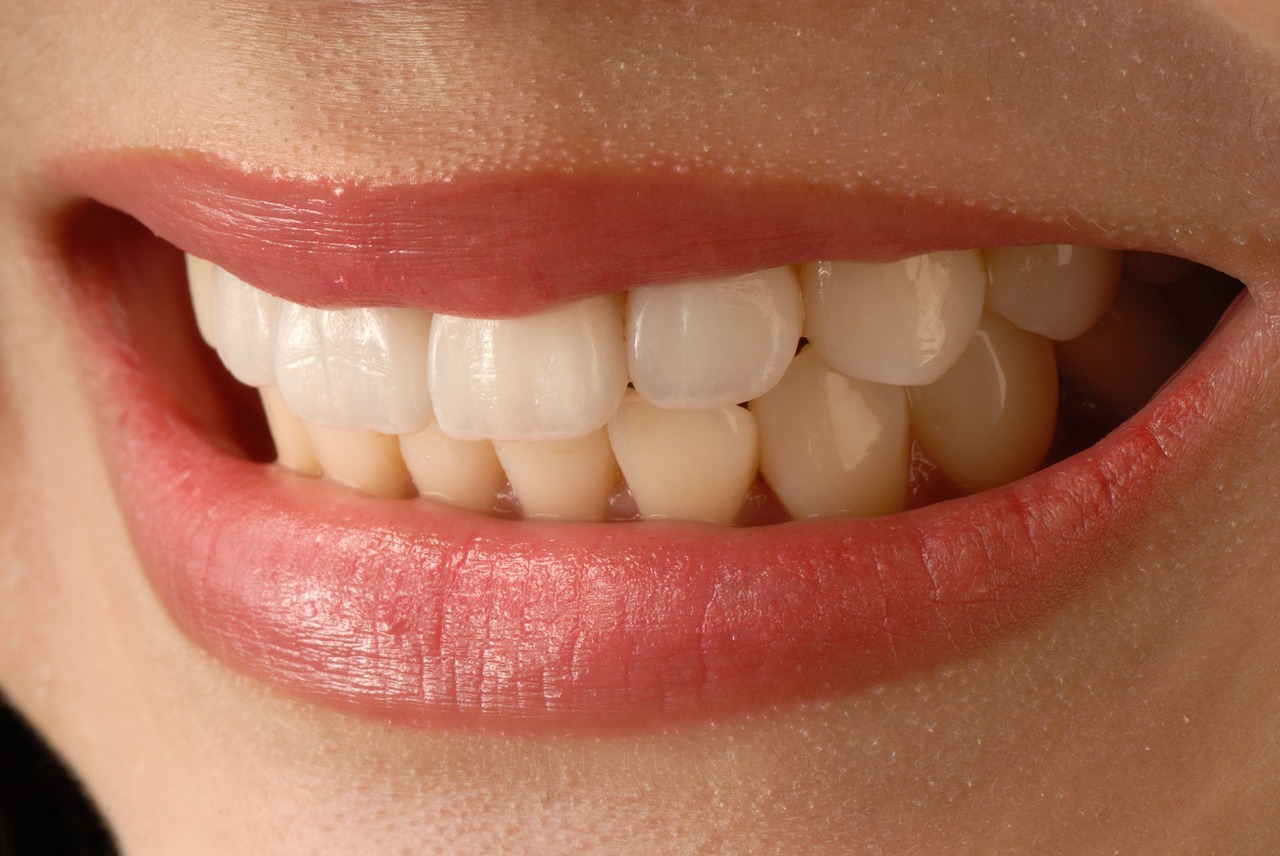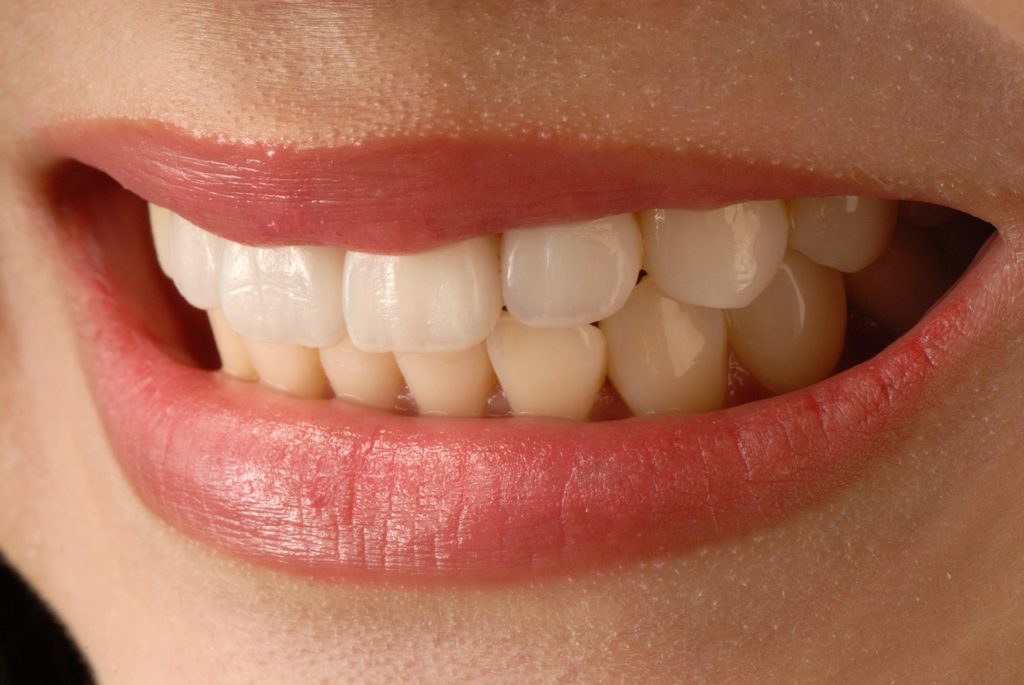How Does Diabetes Affect Your Teeth?
A person who has diabetes is more likely to have oral health problems like gingivitis and cavities. A diabetic who is over 50 years old carries a much higher risk, as dental issues and age go hand in hand, regardless if you have diabetes. Fortunately, controlling diabetes goes a long way in protecting your teeth and gums, which also helps in managing it. Do you have diabetes? Make sure that you keep your watch out for these oral health conditions.
Diabetes and Oral Health: Gingivitis
Gum disease is the most common oral health problem among diabetics. This is the first stage of gum disease where bacteria causes your gums to inflame, turn red, and bleed. Bacteria feast on sugar and turn it into an acid that damages the tooth. If you have uncontrolled diabetes, there is more sugar in the saliva, giving more for the bacteria to consume. Bacteria, combined with saliva and food morsels in the mouth form plaque that builds up to gum disease and tooth decay. Regular brushing, flossing, and mouthwash use can help stop and get rid of gingivitis.
Diabetes and Oral Health: Periodontitis
Gingivitis left untreated can progress to periodontitis. This is a more serious kind of gum disease that erodes the tissues and bones supporting the teeth. In worse cases, this can lead to tooth loss. Failing to regularly brush and floss can cause bacteria and plaque buildup, causing your gums to pull away from them. This creates pockets where bacteria can get in and cause destruction in other parts of the mouth, including bones. Periodontitis cannot be reversed, and mere brushing and flossing will not treat it. You may have to visit a periodontist to get the proper intervention.
Diabetes and Oral Health: Dry Mouth
Diabetes and old age both slow down saliva production, putting you at high risk for developing a dry mouth. Your dentist might refer to this as xerostomia. Saliva is crucial in creating enzymes that attack bacteria; without it, harmful bacteria can grow exponentially. A dry mouth can lead to ulcers and sores, as well as promote the development of gum disease and tooth decay.
Diabetes and Oral Health: Infection
Bacteria are not the only organisms that like sugar; fungi do as well. This is why people with uncontrolled diabetes develop thrush, a fungal yeast infection. Thrush cause red or white patches on the tongue and inside the cheeks, which can turn into open sores. People who smoke, take antibiotics, or wear dentures have a high chance of getting thrush. Yeast lives and grows on the extra sugar in the saliva in moist places like the area under ill-fitting dentures. Thrush is one of the many fungal infections caused by diabetes.
Diabetes and Oral Health: Burning Mouth Syndrome
Burning mouth syndrome can be caused by dry mouth and thrush, along with certain medications. Aside from giving you the feeling like your mouth is scalded with hot tea, you can also feel tingling and numbing. There are some who lose their ability to taste, which is common among older people. Although this condition is not harmful, it can make you add more sugar to your food and beverages because of your lack of taste, thus increasing your risk for gum disease and cavities.
So how do you prevent all these oral problems from happening to you? The best way is to keep your blood sugar in check, and to regularly brush, floss, and use an antiseptic mouthwash. Also, do not forget to regularly visit your dentist for professional cleanings and routine checkups. All these should stop most gum and tooth diseases before they have a chance to wreak havoc on your oral health.






 |
|